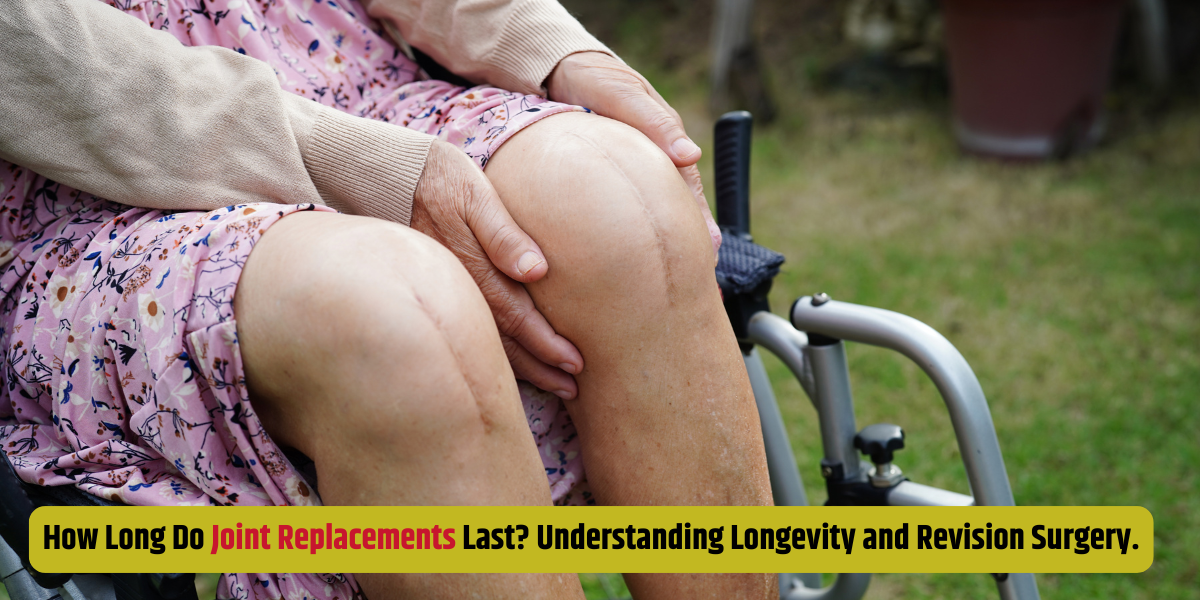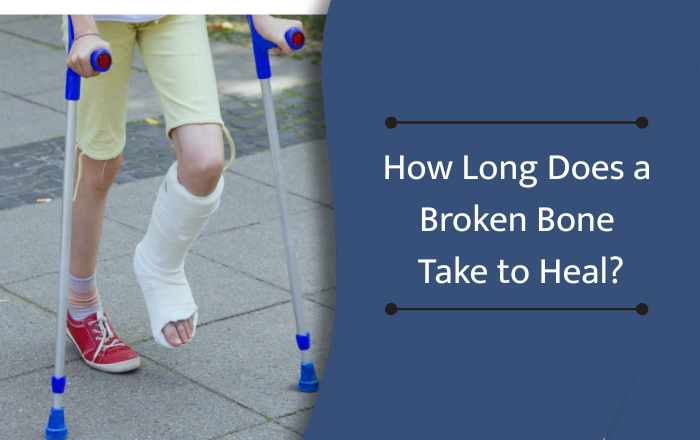How Long Do Joint Replacements Last? Understanding Longevity and Revision Surgery.
When people consider joint replacement surgery, one of the most common questions is, “How long will my joint replacement last?” Understanding the longevity of joint replacements and when revision surgery may be needed can help you make informed decisions about your health.
How Long Do Joint Replacements Last?
Joint replacements, including hip, knee, and shoulder replacements, typically last between 15 and 25 years. The lifespan of a joint replacement depends on various factors, such as the type of implant used, the patient’s age, weight, activity level, and overall health. While some people may need revision surgery earlier, many enjoy long-term relief from pain and improved function for decades.
What Factors Affect the Longevity of Joint Replacements?
The longevity of joint replacements can be influenced by several factors:
Age and Weight: Younger, more active patients may put more stress on the joint, potentially shortening its lifespan.
Activity Level: Engaging in high-impact activities after joint replacement can lead to wear and tear on the implant.
Implant Type: Different materials and designs can affect how long the implant lasts. Newer implants may offer longer-lasting performance.
General Health: Conditions like obesity, arthritis, or other health problems may contribute to the wear of the implant.
Can a Joint Replacement Fail Early?
In some cases, joint replacements may not last as long as expected. Failure can occur due to infection, wear, or loosening of the implant. In these cases, a revision surgery may be necessary to replace or repair the joint. It’s essential to follow your doctor’s recommendations for post-surgery care to ensure the best possible outcome.
When is Revision Surgery Needed?
Revision surgery becomes necessary when the initial joint replacement no longer provides adequate relief or the implant has failed. Signs that revision surgery may be needed include:
Increased Pain: If you experience persistent pain in the joint despite treatment and rehabilitation.
Limited Mobility: Difficulty moving the joint, even after recovery.
Implant Loosening: Signs of instability or abnormal movement in the joint.
What is the Revision Surgery Process Like?
Revision surgery is often more complex than the initial joint replacement. During revision surgery, the original implant is removed and replaced with a new one. This may involve additional steps, such as bone grafting, to ensure the new implant fits properly. The recovery time for revision surgery may also be longer than the first surgery, but many patients experience significant improvements in function and pain relief.
How Can I Ensure My Joint Replacement Lasts as Long as Possible?
To help your joint replacement last as long as possible, consider these tips:
Maintain a healthy weight to reduce stress on the joint.
Stay active with low-impact exercises like swimming, cycling, or walking.
Follow your doctor’s advice regarding physical therapy and rehabilitation to improve joint strength and flexibility.
If you’re considering joint replacement or are experiencing issues with an existing implant, it’s important to consult a specialist. Dr. Parimal Kore, an orthopedic surgeon in Magarpatta, can help you understand the best options for your joint health and guide you through the process.
How to Keep Your Joint Replacement in Good Condition?
Joint replacements generally last for 15 to 25 years, but the exact lifespan depends on various factors. By taking good care of your joint, following rehabilitation guidelines, and maintaining a healthy lifestyle, you can maximize its longevity. If you’re facing complications or need more information about joint replacement or revision surgery, don’t hesitate to reach out to Dr. Parimal Kore, Joint Replacement Surgeon in Magarpatta, for professional guidance.





